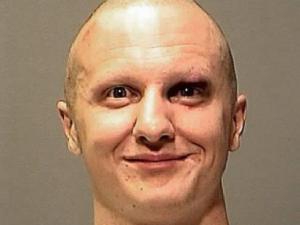The "E" Word

January 11, 2011

Kevin DeYoung has an excellent post on the importance of moral language in the face of such events as Saturday's mass murder in Tuscon.
I have no doubt Loughner is messed up, crazy, off his rocker, and out to lunch. It seems that he’s needed help for a long time. But why jump to conclude that this is a “Tragedy of Mental Illness”? To be sure, mental illness is real but it does not honor those who endure it to rush a diagnosis and start naming disorders every time an anti-social, nihilistic, solipsistic young man with guns and grudges sins in the worst possible ways. Where have all the active verbs gone?Read the entire post HERE.
Words Have Meaning
Unfortunately, pundits shy away from explicitly personal and moral categories in precisely the moments we need them most (9-11 may be the one exception). Whenever a public tragedy like this occurs everyone on the right and the left struggles to find some cause, and that cause is almost always outside the self—video games, strange novels, mistreatment by friends, a culture of hate, the second amendment, heated political rhetoric. And when an internal cause is suggested it almost always points away from personal responsibility to some element of us that doesn’t really belonging to us—like a mental disorder or our own personal demons.
We instinctively resort to passive speech, unable to bear the thought (let alone utter the words) that a wicked person has perpetrated a wicked crime. The human heart is desperately sinful and capable of despicable sins. Of course, no one commends the crime, but few are willing to condemn the criminal either. In such a world we are no longer moral beings with the propensity for great acts of righteousness and great acts of evil. We are instead, at least when we are bad, the mere product of our circumstances, our society, our upbringing, our biochemistry, or our hurts. The triumph of the therapeutic is nearly complete.




